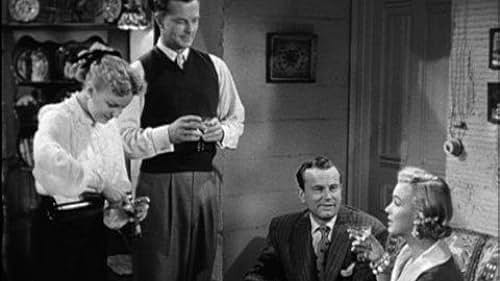Frankie Fay

In the annals of entertainment history, there are luminaries whose names echo through the ages, remembered for their contributions to the arts. Yet, among these stars, there are also those whose brilliance fades with time, lost in the shadows despite their undeniable talent. Frankie Fay is one such figure, a titan of the Vaudeville era whose name, once illustrious, now lies largely forgotten. However, delving into the life and career of Frankie Fay unveils a story of immense talent, triumph, and tragedy, offering a glimpse into the golden age of American entertainment.
Born Frank Sheen on May 23, 1901, in San Francisco, Frankie Fay‘s journey into show business was serendipitous. Raised in a working-class Irish-American family, he displayed an early aptitude for performance, captivating audiences with his charm and wit. His foray into Vaudeville, the dominant form of entertainment in early 20th-century America, began in his teens when he joined a traveling troupe as a singer and dancer. Fay’s magnetic stage presence and comedic timing quickly garnered attention, propelling him to stardom.
Fay’s breakthrough came in the 1920s when he partnered with comedian Billy B. Van, forming a dynamic duo that became a sensation on the Vaudeville circuit. Their act, characterized by fast-paced humor and energetic musical numbers, captivated audiences across the country, earning them widespread acclaim. Fay’s versatility as a performer was evident as he effortlessly transitioned between singing, dancing, and comedic routines, showcasing his multifaceted talent.
As Vaudeville reached its zenith in the 1920s, Frankie Fay emerged as one of its brightest stars. His performances were not only entertaining but also groundbreaking, pushing the boundaries of comedic expression and theatrical innovation. Fay’s trademark wit and irreverent humor endeared him to audiences of all ages, solidifying his reputation as a master entertainer.
However, amidst the glitz and glamour of show business, Frankie Fay’s personal life was fraught with turmoil. His struggles with alcoholism and erratic behavior became increasingly evident, casting a shadow over his professional success. Despite attempts to seek treatment and overcome his demons, Fay’s battles with addiction would ultimately define much of his later life.
The decline of Vaudeville in the 1930s marked a tumultuous period for Frankie Fay and countless other performers. As the popularity of live variety shows waned in the face of emerging forms of entertainment such as radio and cinema, many Vaudeville stars found themselves grappling with dwindling opportunities and uncertain futures. For Fay, this downturn proved particularly challenging as he struggled to adapt to the changing landscape of the entertainment industry.
Despite his setbacks, Frankie Fay continued to perform sporadically in various venues, clinging to the remnants of his former glory. His appearances in films and on radio provided fleeting glimpses of his talent, but the heyday of Vaudeville had long since passed. As the years went by, Fay faded from the public eye, relegated to the ranks of forgotten stars whose legacies were overshadowed by time.
In 1955, at the age of 54, Frankie Fay passed away, his contributions to the world of entertainment largely relegated to obscurity. Yet, despite his tragic demise and the passage of time, Fay’s impact on American popular culture endures. His pioneering work in Vaudeville laid the groundwork for generations of performers who followed in his footsteps, influencing comedy and theatrical performance in ways that continue to resonate today.
In recent years, there has been a renewed interest in Frankie Fay and his legacy, as historians and enthusiasts seek to uncover the forgotten gems of Vaudeville history. While his name may not be as familiar as those of his contemporaries, Frankie Fay’s story serves as a poignant reminder of the fleeting nature of fame and the enduring power of talent.
As we reflect on the life and career of Frankie Fay, let us not only remember him as a forgotten legend of Vaudeville but also celebrate his contributions to the rich tapestry of American entertainment. In doing so, we pay tribute to a performer whose laughter once filled theaters and whose spirit continues to inspire all who cherish the magic of the stage.





